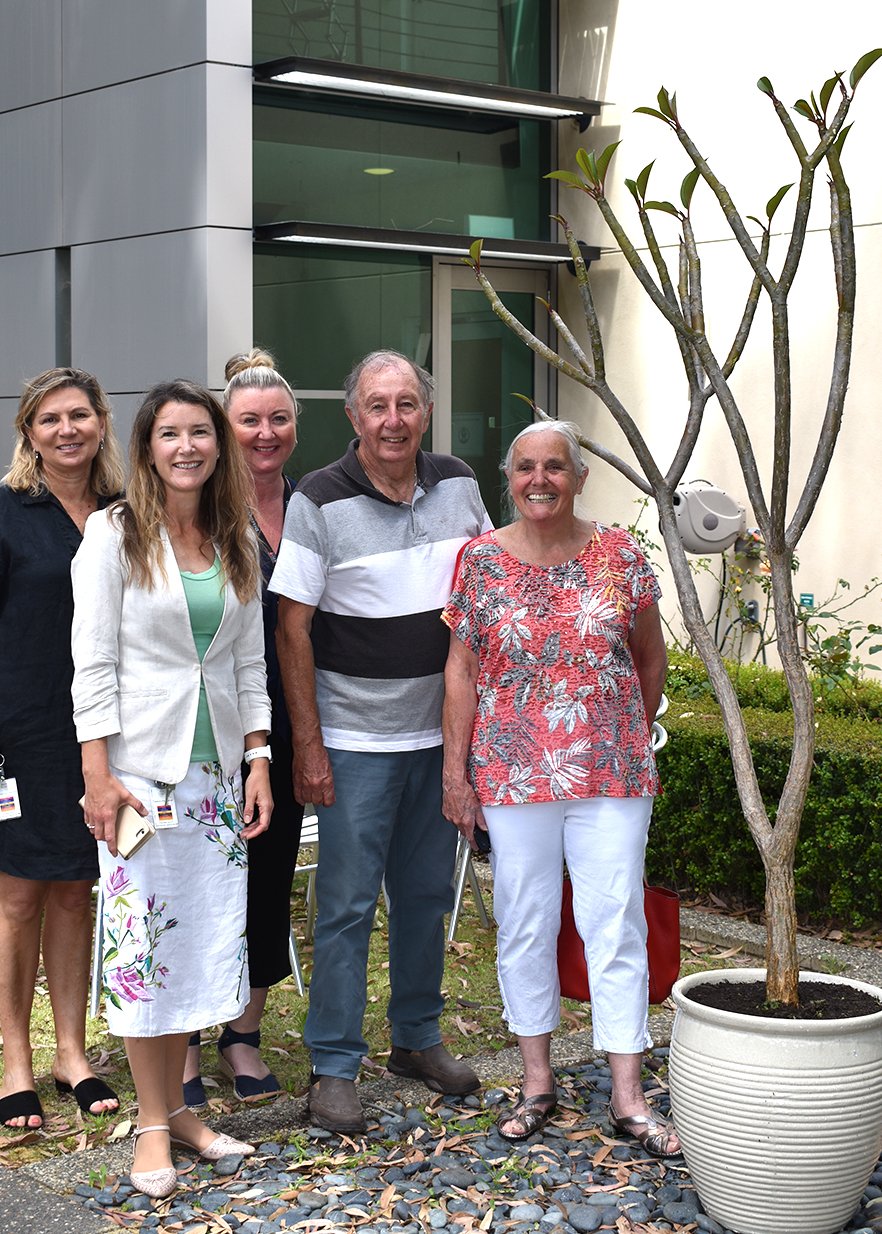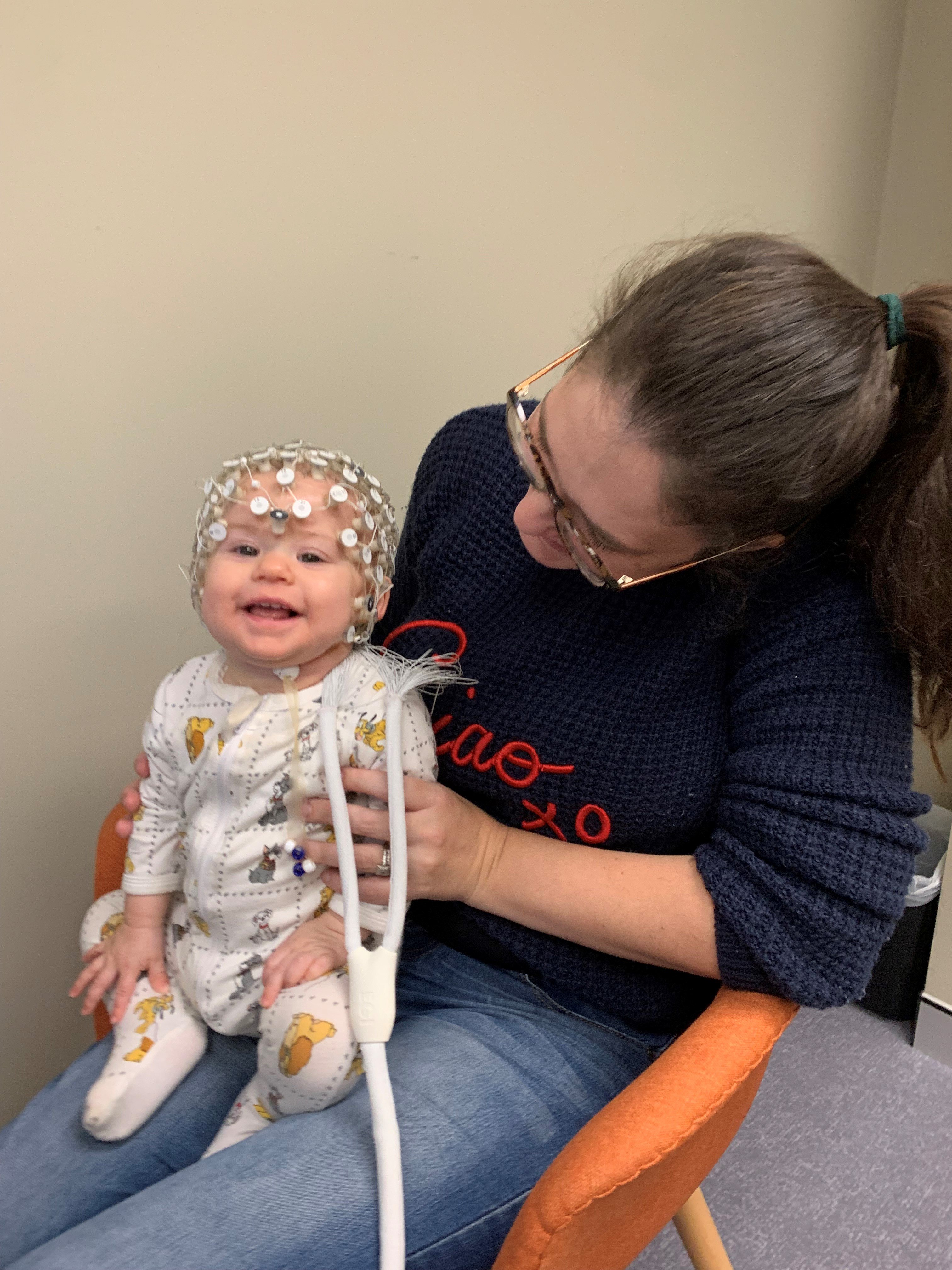Search

Thank you to Dave and Marieke Taylor of the Rotary Club of Scarborough who have donated a frangipani tree from their own garden to CliniKids to honour our late colleague, Kate Sorensen.

Professor Andrew Whitehouse and his research collaborators in the UK and Melbourne have teamed up to write a great article on the recent findings of the AICES (Australian Infant Communication and Engagement Study) for The Conversation.

Baby Audrey is involved in the Cub Study at CliniKids.

We thought we would share news of some fantastic achievements in our team recently.

Here’s a quick look at some of the published research to come out of CliniKids recently (June 2021 newsletter)

For Autism Month, CliniKids invited families to contribute to an "I can, I am!" strengths wall in its reception area – an idea that was wholeheartedly embraced by our little visitors and their families.

At CliniKids we value all feedback, including compliments, suggestions and complaints.

Join us in helping autistic kids live their best lives.

Stay up to date with the latest news and events from Embrace.

About 180 school psychologists attended an Embrace-led seminar on cultural safety earlier this week to support their professional development ahead of the school year.
